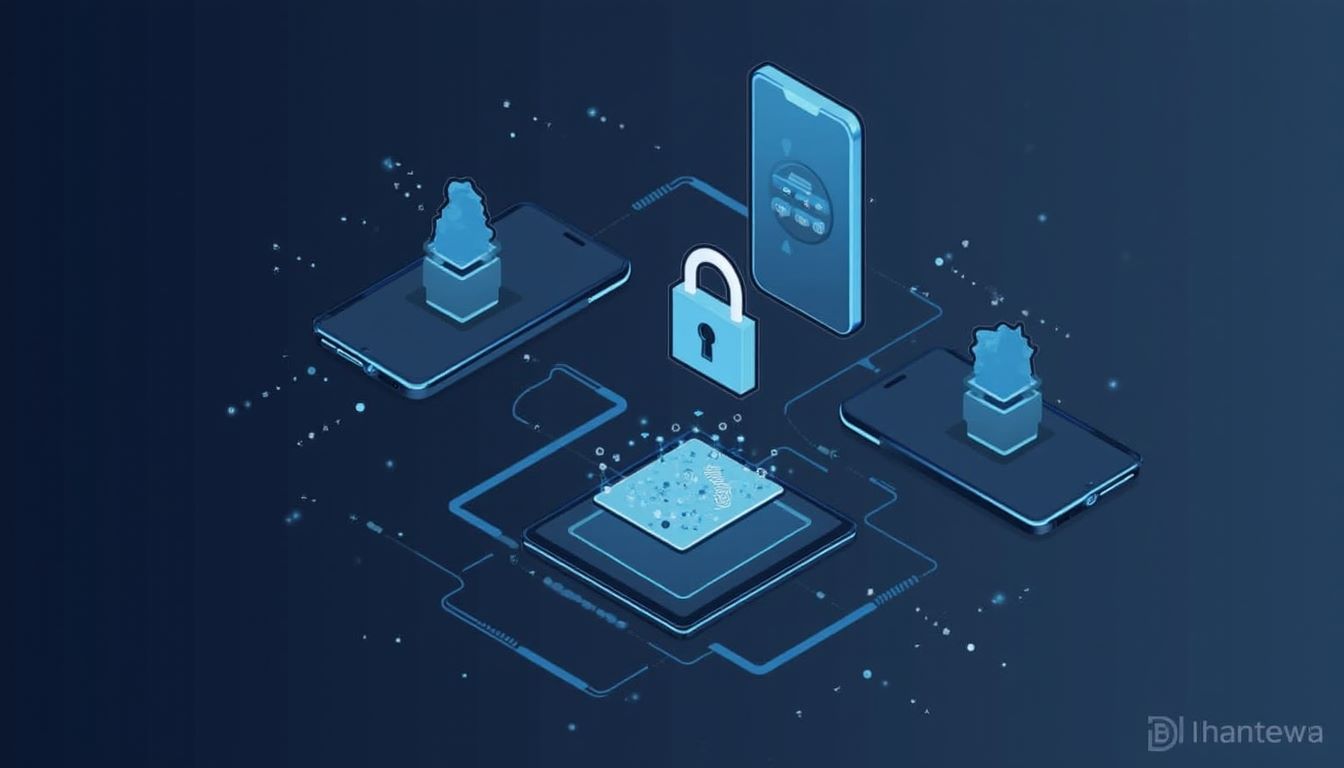Internet Safety:
In today’s digital age, children are more connected than ever. With access to the internet through various devices, including smartphones, tablets, and computers, kids are exposed to a vast array of information and opportunities. However, this connectivity comes with its own set of risks, making internet safety a crucial concern for parents and guardians. Understanding these risks and implementing effective safety measures is essential for protecting children online. This article explores the importance of internet safety for kids and provides practical tips for ensuring a secure online environment.

The Importance of Internet Safety for Kids
- Exposure to Inappropriate Content: One of the most significant risks children face online is exposure to inappropriate content, including violence, pornography, and hate speech. Such material can have lasting psychological effects and can lead to unhealthy attitudes and behaviors. Parents must take steps to minimize this risk by using parental controls and discussing the importance of avoiding harmful content.
- Cyberbullying: Cyberbullying has become a prevalent issue among children and teenagers. The anonymity of the internet allows bullies to harass their victims without facing immediate consequences. Cyberbullying can have severe emotional impacts on children, leading to anxiety, depression, and in some cases, tragic outcomes. Parents should educate their children about the signs of cyberbullying and encourage open communication about their online experiences.
- Online Predators: The internet can also be a hunting ground for predators seeking to exploit vulnerable children. Predators often pose as peers to gain trust and establish relationships with their victims. It is essential for parents to teach their children about the dangers of communicating with strangers online and to emphasize the importance of never sharing personal information with anyone they do not know in real life.
- Privacy Concerns: Many children may not fully understand the concept of privacy and may unknowingly share personal information on social media or gaming platforms. This information can be used maliciously by others. Parents should educate their children on the importance of protecting their personal data and the potential consequences of oversharing online.
- Addiction and Overuse: While the internet provides educational resources and entertainment, excessive screen time can lead to addiction and hinder a child’s development. Internet overuse can affect physical health, disrupt sleep patterns, and reduce face-to-face social interactions. Parents must monitor their children’s internet usage and establish healthy boundaries.
Practical Tips for Ensuring Internet Safety
- Establish Open Communication: One of the most effective ways to protect children online is to maintain open lines of communication. Encourage your child to share their online experiences, including any encounters that make them uncomfortable. Reassure them that they will not be punished for discussing issues like cyberbullying or inappropriate content.
- Educate About Online Risks: Take the time to educate your child about the various risks associated with internet use. Discuss the dangers of talking to strangers online and the importance of keeping personal information private. Make sure they understand that not everyone they meet online has good intentions.
- Set Parental Controls: Most devices and platforms offer parental control features that allow you to restrict access to inappropriate content and limit screen time. Utilize these features to create a safer online environment for your child. Additionally, familiarize yourself with the privacy settings of social media platforms and ensure that your child’s accounts are set to private.
- Monitor Online Activity: Keep an eye on your child’s online activities, including the websites they visit and the apps they use. Regularly check their social media profiles to see what they are sharing and with whom. While it is essential to respect their privacy, being aware of their online presence is critical for their safety.
- Encourage Critical Thinking: Teach your child to think critically about the information they encounter online. Encourage them to question the credibility of sources and to be cautious of information that seems too good to be true. This skill will help them navigate the internet more safely and avoid scams and misinformation.
- Create a Family Internet Agreement: Consider creating a family internet agreement that outlines acceptable online behavior, usage limits, and consequences for breaking the rules. This agreement can serve as a reference point for discussions about internet safety and can help establish clear expectations for your child.
- Promote Healthy Screen Time: Set limits on how much time your child spends online each day. Encourage them to engage in offline activities, such as reading, playing sports, or spending time with family and friends. Establishing a healthy balance between screen time and other activities is essential for their overall well-being.
- Utilize Educational Resources: Many organizations offer educational resources aimed at teaching children about internet safety. Websites like Common Sense Media and NetSmartz provide valuable information and tools for both parents and kids. Encourage your child to engage with these resources to learn about safe online practices.
- Lead by Example: Children often mimic the behavior of their parents. Be a positive role model by demonstrating safe internet habits yourself. Show your child how to use the internet responsibly and discuss your online experiences to foster open dialogue.
- Know When to Seek Help: If your child encounters a troubling situation online, such as bullying or inappropriate content, know when to seek help. Encourage them to speak to a trusted adult, and be prepared to intervene if necessary. Report any instances of cyberbullying or predatory behavior to the appropriate authorities.
Conclusion
Internet safety for kids is a vital concern in our digital world. As children navigate the online landscape, parents and guardians play a crucial role in protecting them from potential dangers. By establishing open communication, educating children about risks, and implementing practical safety measures, you can create a safer online environment for your child. Remember that fostering internet safety is an ongoing process that requires vigilance and adaptability as technology evolves. By prioritizing your child’s safety, you empower them to enjoy the benefits of the internet while minimizing its risks.
For more information on internet safety for children, you can visit resources such as the National Center for Missing and Exploited Children (NCMEC) and Kids Smart Online.


